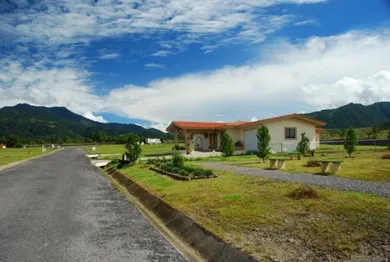
2024 Guide to Investing in Panama
Panama is a country that offers many opportunities for investment. In this guide, we will show you the process of investing in Panama real estate.
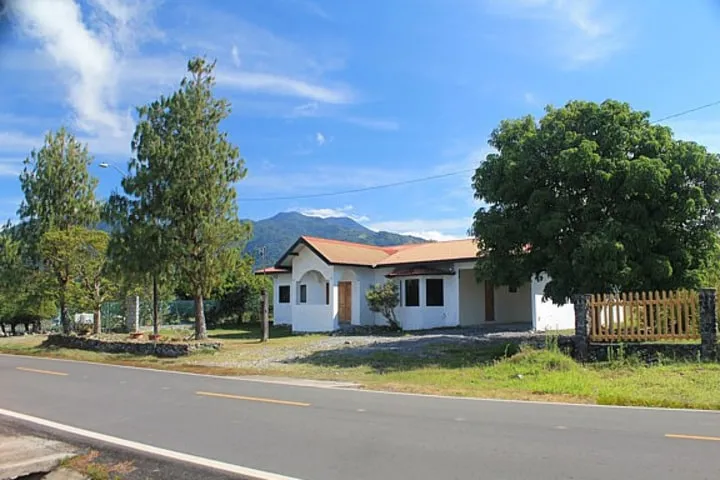
The first thing to consider when buying real estate in Panama or any other country is that the rules are probably not the same as they are ‘back home’. This should not necessarily scare you, but it should serve as a warning to make yourself aware of local customs, practices and pitfalls.
In Panama, for example, it is easy to ‘buy’ land from someone who has no right to that land. You don’t have to be an ex-pat to fall into that trap. I heard of 12 families who bought land, built homes, and were then held to ransom by the true landowner. They had to pay again, and through the nose, or lose their homes. It is essential that you be represented by reputable professionals fully experienced in buying real estate in Panama. Trying to save a few hundred dollars in fees is false economy. A real estate agent can help with the buying, but cannot help with the complex legal stuff.
Here are some tips for successfully buying real estate in Panama.
As in North America, you can sign a preliminary contract, known as a Promise to Purchase, to give yourself time to arrange financing. This type of contract can also be used when the seller has certain conditions to be met before you are willing to close the deal. List contingencies here under which you can back out of the purchase unless all your conditions are fully met. You should have legal advice in preparing a Promise to Purchase. Mistakes can be too costly.
Title insurance is available when buying real estate in Panama. . An Irrevocable Promise to Pay, issued by the bank doing the financing, is a common instrument here. Payment to the seller is contingent on receiving proper title to the property.
You must formally ask your bank for this when arranging a mortgage. It’s like a letter of credit with strings. This document is delivered to the seller at closing, instead of cash. It promises to pay the seller once proper title has been delivered to the buyer.
If, like many ex-pats, you plan to pay cash, your bank will provide the same service for a fee. Check fees with several banks, but I have heard that HSBC is competitive.
An ex-pat buying real estate in Panama has exactly the same rights and protections as a native Panamanian. Rules are in place to protect both buyers and sellers, but they are different in this country (as there are in any country), and you need to be aware of all the differences when buying real estate in Panama.
Among other things, you should check whether a corporation would be useful in your circumstances.

Panama is a country that offers many opportunities for investment. In this guide, we will show you the process of investing in Panama real estate.
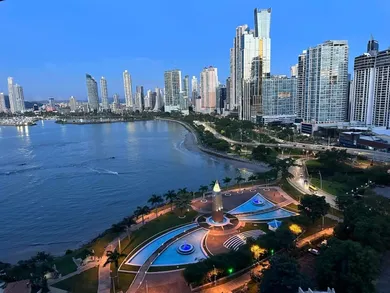
Navigating the real estate market in Panama comes with its distinct challenges and factors. This guide provides valuable insights for investing in Panama.
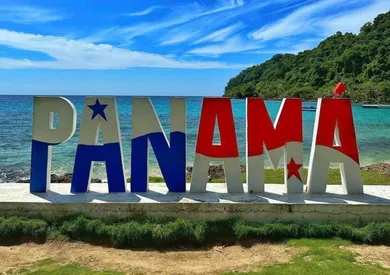
Panama's unique double currency system. Uncover how the Panamanian Balboa and US Dollar coexist in Panama's economy.
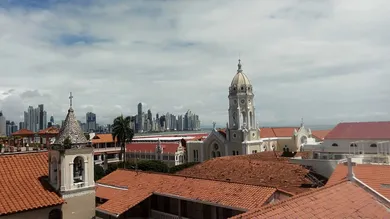
Investment in Casco Viejo Panama real estate can be very profitable as the old capital, is rejuvenated.